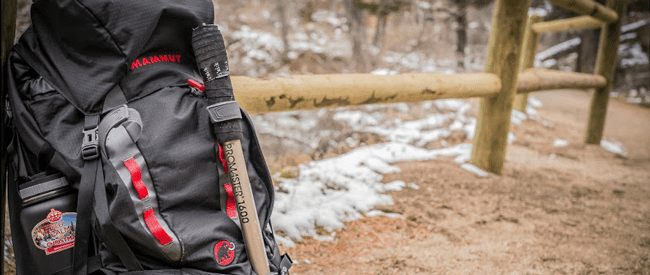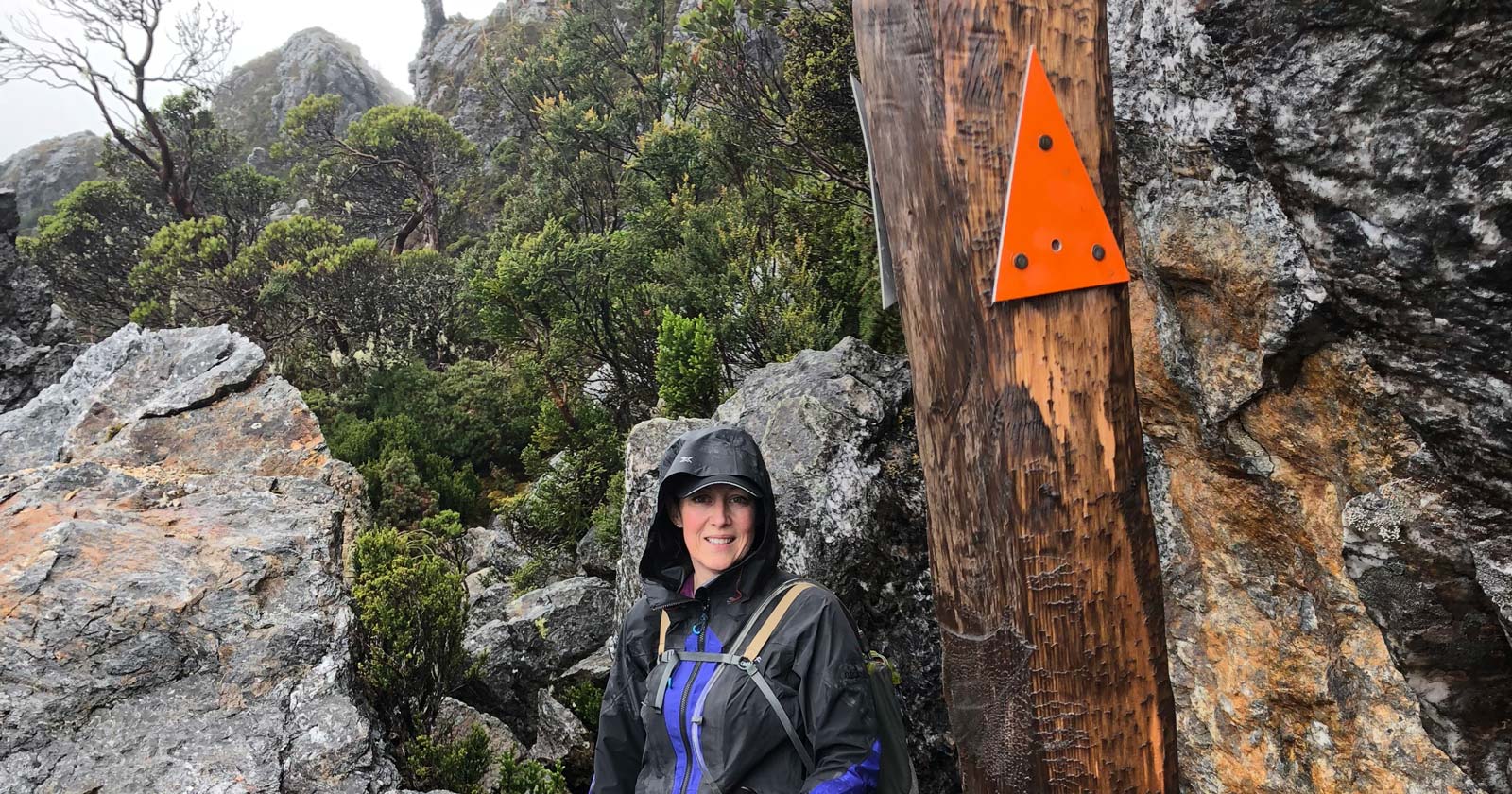And how to avoid them
Bushwalking should be an exhilarating experience, immersing yourself in nature and testing yourself mentally and physically. But for some, it can turn into a nightmare, with Search and Rescue (SAR) teams called in to navigate lost hikers back to safety. Frustratingly, they’re often called back to the same location on the same day to save under prepared explorers, venturing into nature, phone in hand, blissfully unaware of the risks. While Australia’s hiking scene flourishes, awareness of safety best practices hasn’t kept pace.
The good news? Most wilderness mishaps can be easily prevented. Here’s a breakdown of the top 8 common factors which contribute to people being lost, and how you can avoid becoming a statistic:
1. Unprepared for the walk:
Spontaneity is fun, but when it comes to wilderness adventures, thorough planning is essential. Research the trail using official sources: length, difficulty, terrain, and weather patterns. Understand your route, estimate travel times, and factor in potential delays. Leaving your itinerary with someone back home adds another layer of safety. Remember, a well-planned hike is a happy hike.
Relying on crowdsourced hiking info? Great starting point, but cross-check it with official sources like park websites and guidebooks. Accuracy can be shaky, grades and times may be subjective, and reviews biased. Be your own navigation guru and plan for the unexpected.
2. Overreliance on technology
We’re glued to our phones, but relying solely on GPS or a dying battery in the bush can be disastrous. Invest in a good map and compass, and learn how to use them. Even with technology, traditional navigation skills can be your lifeline if your phone becomes a brick. Practice map reading, orienteering, and basic compass skills before hitting the trail.
3. Misjudging time and difficulty
Trails can be deceptively long, especially when you’re lost in the moment. Don’t underestimate the time required. Factor in breaks, photo ops, and potential obstacles like fallen trees or swollen streams. Remember, daylight is your friend in the wilderness. Start early and adjust your pace to ensure you’re back before dusk. Carry a torch on every hike, just in case. It’s better to have one and not need than to not have one and become stranded in the dark.
4. Lack of skill or physical ability
Not all trails are created equal. Choose a hike that matches your skill and fitness level. Don’t try to tackle an advanced trail if you’re a beginner. Pushing beyond your limits can lead to fatigue, poor decision-making, and eventually, getting lost. Be honest with yourself and choose a challenge you can confidently complete.
5. Lack of navigation skills
Think of a map and compass as your wilderness insurance. Don’t leave home without them. Even with technology, knowing how to navigate using traditional methods can get you out of a sticky situation if your phone conks out. Learn basic map symbols, practice triangulation, and don’t be afraid to ask for help if you feel disoriented.
6. Poor leadership in groups
If you’re venturing out in a group, designate a leader. This person isn’t meant to tell everyone what to do, but someone responsible for making informed decisions, keeping everyone on track, and checking in on group morale. Remember, a confused herd is easily lost. Clear communication and shared responsibility can make the difference between a smooth hike and a frantic search party.
7. Unaware of terrain hazards
The beauty of the wilderness can be deceiving. Cliffs, rivers, treacherous slopes, and hidden obstacles can lurk around every bend. Be aware of your surroundings, stick to marked trails, and avoid taking unnecessary risks. A moment of recklessness can turn into a major injury or worse. Respect the power of nature, and prioritise safety over adrenaline rushes and Insta selfies.
8. Entering restricted areas
Curiosity is a human trait, but in the bush, it can lead you down a dangerous path. Stay out of closed areas, respect barriers, and never attempt unauthorised shortcuts. Remember, restricted zones exist for a reason, often to protect you from unseen dangers. Explore responsibly, and leave no trace but footprints.
By understanding these common pitfalls and taking the necessary precautions, you can turn your next bushwalk into a rewarding experience, filled with breathtaking landscapes and lasting memories. Remember, the best way to avoid getting lost is to be prepared, cautious, and respectful of the wilderness.
But wait, there’s more
In addition to the above, police Search and Rescue (SAR) reveal some surprising truths about getting lost in nature. It’s often not just about getting turned around – it’s about being unprepared for the unexpected. According to SAR, the following are also factors that contribute to people being lost:
- Poor equipment, failure of equipment or inappropriate equipment for the area.
- Lack of food or water, which can contribute to fatigue and poor decision making.
- Experiencing hypothermia, hyperthermia, dehydration, or heat exhaustion.
- Unexpected change in weather conditions.
- Fatigue leading to poor decisions or injury.
- Poor physical health.
- Medical emergencies resulting from a pre-existing condition or an accident during the trip.
So, don’t wait until “lost” or “injured” becomes your reality. It’s important to know your limits and respect the planning process. Plan smart, stay safe, and explore with greater confidence.
What to do if you become lost
Correct planning, and the right navigation aids, will help you avoid getting lost. However, it’s also important to be prepared in case you get lost. Here’s some tips on what to do if you find yourself lost when hiking in Australia.

















Never been lost in my life…..not..